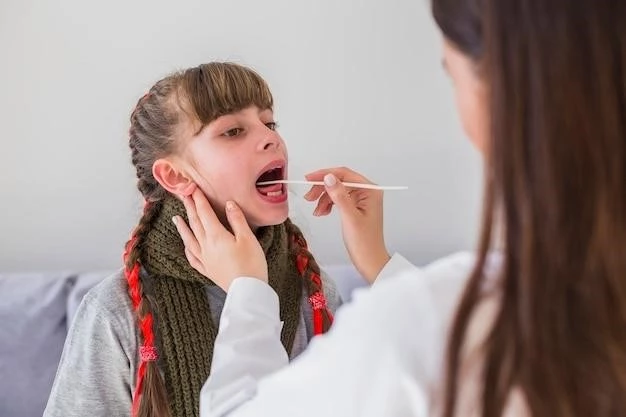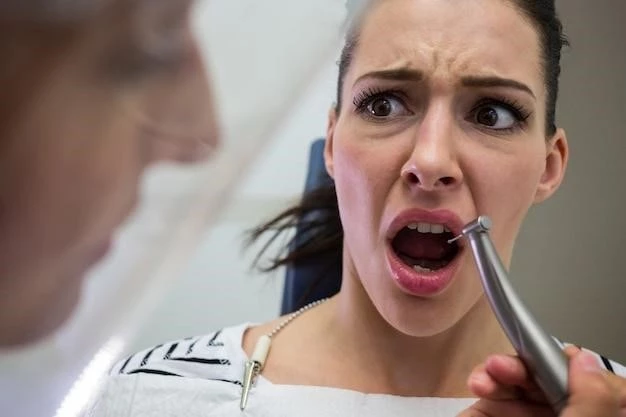Causes of Charcot-Marie-Tooth Disease
Charcot-Marie-Tooth Disease is primarily caused by genetic factors and nerve cell abnormalities.
Genetic Factors
Genetic factors play a significant role in Charcot-Marie-Tooth Disease, with mutations in genes affecting the peripheral nerves leading to the condition’s development. Inherited in an autosomal dominant, recessive, or X-linked manner, these genetic abnormalities impact the nerve cells’ structure and function, resulting in the characteristic symptoms of the disease.
Nerve Cell Abnormalities
Abnormalities in nerve cell structure and function are key factors in the pathogenesis of Charcot-Marie-Tooth Disease. These abnormalities, often resulting from genetic mutations, lead to progressive damage to the peripheral nerves, impacting their ability to transmit signals effectively. As a consequence, individuals with Charcot-Marie-Tooth Disease experience muscle weakness, sensory loss, and foot deformities due to the impaired nerve signaling.

Symptoms of Charcot-Marie-Tooth Disease
The hallmark symptoms include muscle weakness, foot deformities, and sensory loss in affected individuals.
Muscle Weakness
Muscle weakness is a prominent symptom of Charcot-Marie-Tooth Disease, affecting the muscles in the lower legs and feet initially. This weakness can progress over time, leading to challenges with walking, balance, and motor tasks. The underlying nerve cell abnormalities contribute to the muscle weakness experienced by individuals with this condition.
Foot Deformities
Foot deformities are common in Charcot-Marie-Tooth Disease, with symptoms such as high arches, hammertoes, and foot drop observed in affected individuals. These deformities result from muscle weakness and imbalance triggered by nerve cell abnormalities, leading to difficulties with walking, wearing standard footwear, and performing daily activities that involve standing or moving the feet.
Sensory Loss
Sensory loss is a common symptom of Charcot-Marie-Tooth Disease, manifesting as decreased sensitivity to touch, pain, and temperature in the extremities. Nerve cell abnormalities affecting sensory nerves lead to this loss, impacting the individual’s ability to sense their environment accurately. Sensory deficits can contribute to an increased risk of injury and challenges with activities requiring fine touch and proprioception.
Diagnosis and Treatment of Charcot-Marie-Tooth Disease
Accurate diagnosis involves genetic testing, a comprehensive physical examination, and the use of orthopedic devices.
Genetic Testing
Genetic testing is crucial for diagnosing Charcot-Marie-Tooth Disease as it helps identify specific genetic mutations linked to the condition. By analyzing the individual’s DNA, healthcare providers can confirm the presence of gene abnormalities associated with the disease. This information aids in understanding disease progression, guiding personalized treatment plans, and informing family members about potential genetic risks.
Physical Examination
Conducting a thorough physical examination is essential in diagnosing Charcot-Marie-Tooth Disease. Healthcare professionals assess muscle strength, reflexes, balance, and gait abnormalities to evaluate the extent of nerve damage and functional impairments. Additionally, examining foot deformities and sensory deficits guides clinicians in formulating personalized treatment strategies tailored to the individual’s specific needs.
Orthopedic Devices
Orthopedic devices play a significant role in managing Charcot-Marie-Tooth Disease by providing support, stability, and assistance with mobility. Braces, foot orthotics, and ankle-foot orthoses can help improve gait, reduce foot deformities, and alleviate muscle strain. Customized orthopedic devices are tailored to the individual’s specific needs to enhance function, promote independence, and optimize quality of life for those living with the condition.
Charcot-Marie-Tooth Disease Research Updates
Stay informed about the latest advancements in gene therapy and ongoing clinical trials for CMT.
Gene Therapy Advancements
Ongoing research in gene therapy holds promise for individuals with Charcot-Marie-Tooth Disease. Advances in genetic manipulation techniques aim to correct the underlying gene mutations responsible for the condition, potentially offering targeted and innovative treatment options. By addressing genetic abnormalities at their root, gene therapy may provide hope for improved symptom management and disease progression in the future.
Clinical Trials
Participating in clinical trials is crucial for advancing Charcot-Marie-Tooth Disease research. These trials evaluate new treatments, therapies, and interventions in a controlled setting to assess their safety, efficacy, and potential benefits for individuals with CMT. By enrolling in clinical trials, patients and healthcare providers contribute valuable data to the scientific community, driving forward the development of novel approaches to managing this neurological disorder.
Lifestyle Tips for Managing Charcot-Marie-Tooth Disease
Explore recommendations on proper footwear and the importance of regular exercise for individuals with CMT.
Proper Footwear
Choosing appropriate footwear is essential for managing Charcot-Marie-Tooth Disease. Opt for supportive shoes that provide stability, cushioning, and a comfortable fit to accommodate foot deformities and promote proper gait mechanics. Custom orthotic inserts may also be beneficial in addressing specific foot issues. Proper footwear can enhance mobility, reduce the risk of falls, and alleviate discomfort associated with CMT.
Regular Exercise
Engaging in a customized exercise routine is beneficial for individuals with Charcot-Marie-Tooth Disease. Low-impact activities like swimming, cycling, and gentle stretching can help maintain mobility, improve muscle strength, and enhance overall physical well-being. Physical therapy programs tailored to address specific weaknesses and functional limitations can also be valuable. Regular exercise not only promotes health but also supports symptom management in individuals with CMT.
Charcot-Marie-Tooth Disease in Children
Explore the early symptoms and pediatric treatment approaches for Charcot-Marie-Tooth Disease.
Early Symptoms
In children, early symptoms of Charcot-Marie-Tooth Disease may include delays in motor skill development, frequent tripping or falling, and difficulty with activities requiring fine motor control. Observing signs like foot abnormalities, muscle weakness in the legs, and sensory issues can aid in early detection and intervention, allowing for timely management strategies to support the child’s physical and functional well-being.
Pediatric Treatment Approaches
Pediatric treatment approaches for Charcot-Marie-Tooth Disease focus on symptom management, physical therapy, orthopedic interventions, and supportive care tailored to the child’s needs. Early intervention strategies aim to optimize motor function, promote developmental milestones, and address functional limitations. Collaborative care involving pediatric neurologists, physical therapists, and orthopedic specialists can enhance the child’s quality of life and support their overall well-being while living with CMT.
Charcot-Marie-Tooth Disease and Physical Therapy
Discover the importance of strengthening exercises and balance training in managing CMT effectively.
Strengthening Exercises
Strengthening exercises play a vital role in the physical therapy management of Charcot-Marie-Tooth Disease. Targeted exercises focusing on muscle groups affected by the condition can help improve strength, mobility, and overall function. By engaging in a regular regimen of strengthening exercises under the guidance of a physical therapist, individuals with CMT can optimize muscle performance, enhance stability, and mitigate the impact of muscle weakness on daily activities.
Balance Training
Balance training is essential in the physical therapy management of Charcot-Marie-Tooth Disease. Customized exercises focusing on stability, coordination, and proprioception can help individuals improve balance, reduce the risk of falls, and enhance mobility. By incorporating balance training into their routine, individuals with CMT can strengthen core muscles, improve posture, and increase confidence in daily activities that require steadiness and coordination.
Coping Strategies for Living with Charcot-Marie-Tooth Disease
Explore support groups and mental health counseling as valuable resources for managing CMT challenges.
Support Groups
Joining support groups can provide individuals with Charcot-Marie-Tooth Disease a platform for sharing experiences, coping strategies, and emotional support. Interacting with peers facing similar challenges can foster a sense of community, reduce feelings of isolation, and offer valuable insights into managing the day-to-day impact of CMT. Support groups create a supportive environment where individuals can find comfort, understanding, and encouragement along their journey with the disease.
Mental Health Counseling
Mental health counseling plays a crucial role in addressing the emotional impact of Charcot-Marie-Tooth Disease. Professional counseling can help individuals navigate feelings of anxiety, depression, and adjustment to living with a chronic neurological condition. By providing a safe space for expression and support, mental health counselors assist individuals in developing coping strategies, enhancing resilience, and promoting overall well-being while managing the challenges of CMT.
